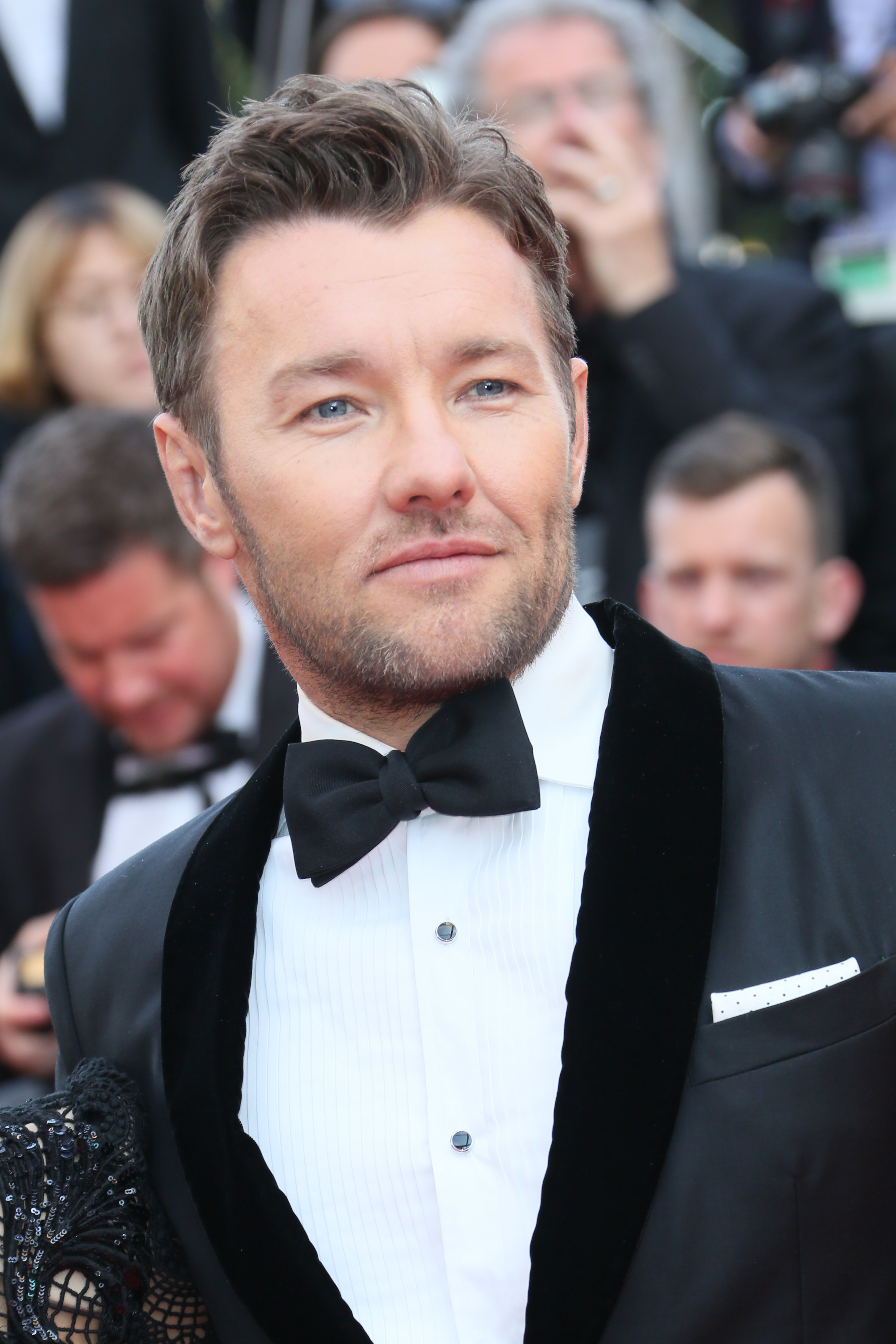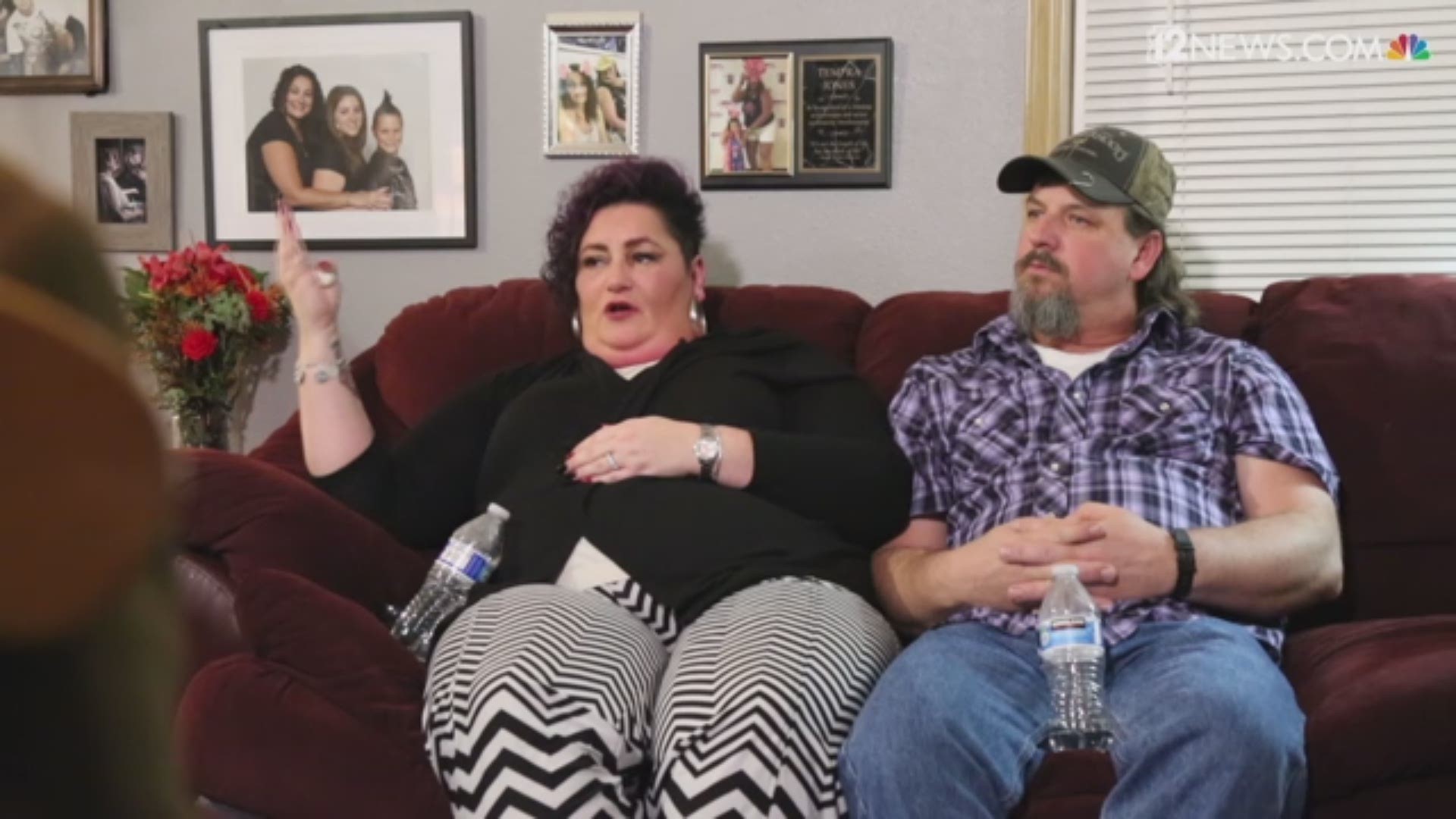CANNES, France — Joel Edgerton has dealt with awards talk before.
So the Australian actor is paying no mind to the "awards contender" conversation that followed the world premiere of director Jeff Nichols’ drama Loving at Cannes Film Festival last week.
“I try to not to let my ego get involved, because there’s no real upside to it. And the downside can be a real letdown,” says Edgerton, 41. “What I've decided is I’m just going to take it as a compliment.”
Then consider the drama's Cannes reception an excellent compliment to Edgerton and Ruth Negga. The actors star as true-life interracial couple Richard and Mildred Loving, whose 1958 marriage — unlawful in Virginia — led to a landmark civil rights case in the U.S. Supreme Court.
Loving premiered Monday to a rousing ovation, which The Hollywood Reporter trumpeted “immediately made the case why the film has to be considered one of this year’s first major awards contenders."
But Edgerton is slowing the roll, with 2015’s Black Mass serving as a life lesson. He delivered an acclaimed performance as South Boston FBI agent John Connolly alongside Johnny Depp's gangster James "Whitey" Bulger, but the movie didn’t reap the predicted awards-season success. That stung.
![Cannes: Interracial love story 'Loving' is first awards season contender [oembed : 84642150] [oembed : 84642150] [oembed : 84642150] [oembed : 84642150] [oembed : 84642150] [oembed : 84642150] [oembed : 84642150] [oembed : 84642150] [oembed : 84642150]](/Portals/_default/Skins/PrestoLegacy/CommonCss/images/smartembed.png)
“I got really annoyed with myself for letting my ego get involved listening to conversations about the potential for Black Mass and what we could achieve,” says Edgerton. “But as disappointing as it is when expectations are thwarted, they're good lessons.”
Loving boasts powerful, understated performances from both Negga and Edgerton, who transformed physically to portray the bricklayer Richard Loving. It was more than the short blond hair and the soft-spoken Virginia accent.
Edgerton learned how to lay bricks (“Now when I see a brick building, I immediately calculate roughly how many hours it took to build”) and took on a slumped posture, with his arms hanging at his sides like string, to portray Loving.
“That would come from moving a thousand bricks every day. (For bricklayers), it’s about economy of movement. Nothing is spent that isn’t necessary,” says Edgerton. “For the first time, I managed to integrate myself with a character.”
Loving also explores important civil rights themes, which will carry the public discourse — and awards discussion — around the movie when it is released Nov. 4, the beginning of awards season.
“What right does the government have to be the third party in a relationship? It’s the absurdity of saying that love is crime,” says Edgerton. “Crimes cause damage and destruction. (The law) was a real blight on human society.”
![Cannes: Viggo Mortensen is a marvel in 'Captain Fantastic' [oembed : 84642148] [oembed : 84642148] [oembed : 84642148] [oembed : 84642148] [oembed : 84642148] [oembed : 84642148] [oembed : 84642148] [oembed : 84642148] [oembed : 84642148]](/Portals/_default/Skins/PrestoLegacy/CommonCss/images/smartembed.png)
The idea of interracial marriages being illegal just 50 years ago is shocking. But Edgerton notes that the struggle for this basic right still continues for many.
“Fifty years from now, people are going to be looking back and going, ‘I cannot believe it took them until 2015 for similar freedoms to be provided for gay couples,' ” says Edgerton.


![Loving [image : 84581446]](http://www.gannett-cdn.com/media/2016/05/19/USATODAY/USATODAY/635992427235455965-GTY-531765136-81926173.JPG)
![Loving [image : 84581464]](http://www.gannett-cdn.com/media/2016/05/19/USATODAY/USATODAY/635992428576284560-XXX-IMG-LOVING-2-3-1-FSED43L2-81952597.JPG)
![Loving [image : 84642130]](http://www.gannett-cdn.com/media/2016/05/20/USATODAY/USATODAY/635993137984141241-AFP-551954080-81911111.JPG)
![Scenes from the Cannes Film Festival red carpet [gallery : 84235638]](http://www.gannett-cdn.com/-mm-/2e10a9cd194090e0de0d5b9de4ea7f0732c611f4/c=2135-119-2934-802/local/-/media/2016/05/17/USATODAY/USATODAY/635991259170532633-Cannes001.JPG)
![Joel Edgerton [image : 84581560]](http://www.gannett-cdn.com/media/2016/05/19/USATODAY/USATODAY/635992429431950045-GTY-531765120-81926157.JPG)
